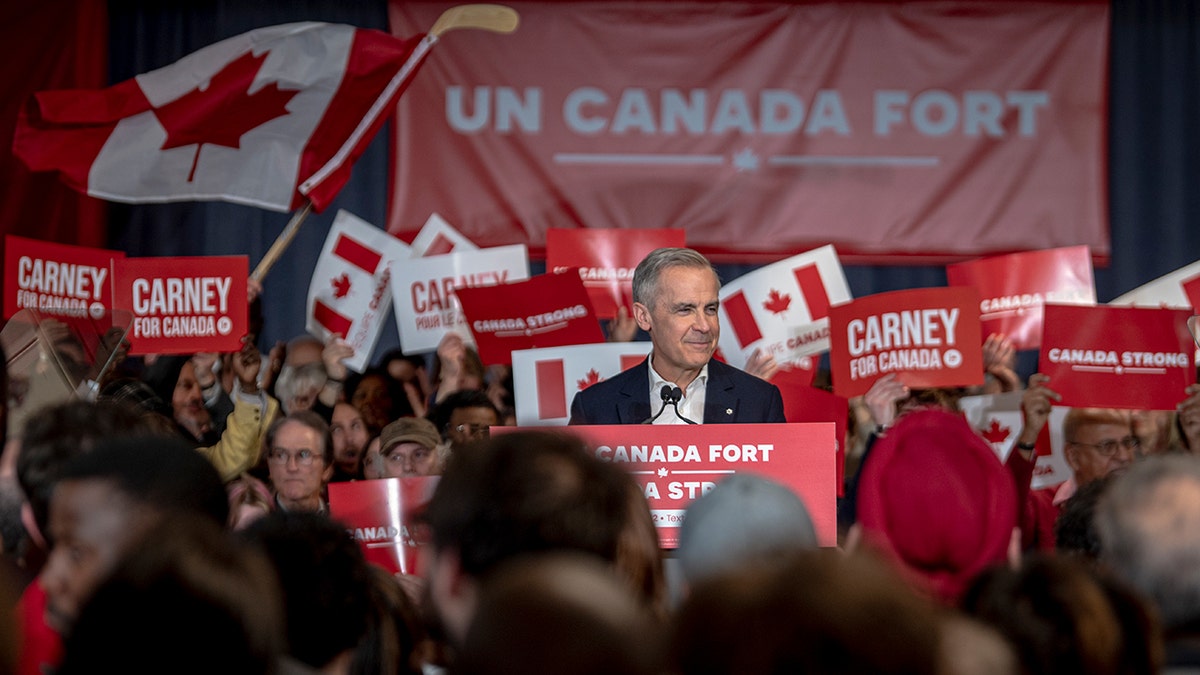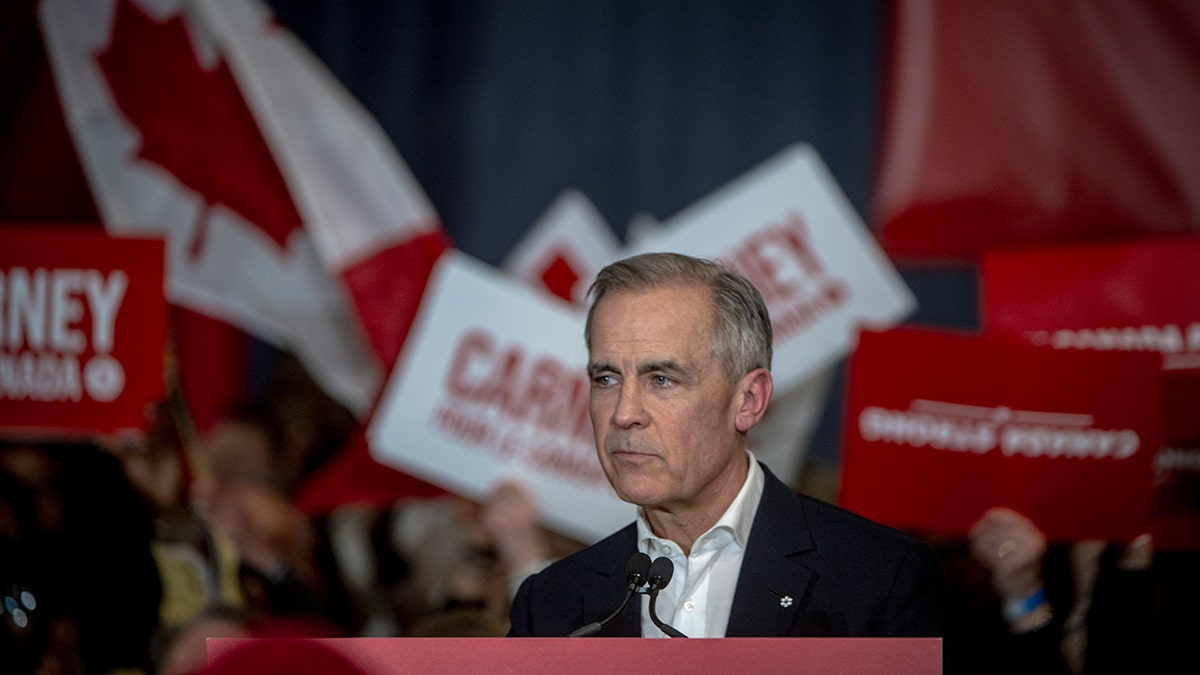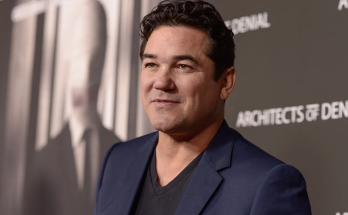Canadian PM Carney announces tariffs amid now chilly relationship with US
Canadian Prime Minister Mark Carney is facing allegations that he copied parts of his 1995 doctoral thesis at Oxford University without proper credit. The report comes as he’s seeking election to remain the country’s PM next month, when Canadian voters head to the polls on April 28.
The National Post reviewed Carney’s thesis, “The Dynamic Advantage of Competition,” with three university experts, who found at least 10 instances of apparent plagiarism.
The experts told the National Post that Carney copied full quotes, paraphrased ideas, and slightly modified sentences from four different sources without giving proper credit.
CANADIAN PRIME MINISTER MARK CARNEY SAYS ‘OLD RELATIONSHIP’ WITH US ‘IS OVER’ AMID TENSION OVER TRUMP TARIFFS
“He’s just directly repeating without quotations. That’s plagiarism,” said Geoffrey Sigalet, a professor at the University of British Columbia who helps handle academic misconduct cases, told the National Post.
Carney’s campaign responded to the National Post with a statement from his former Oxford supervisor, Margaret Meyer, who dismissed the allegations. “I see no evidence of plagiarism in the thesis,” she said. “Mark’s work was thoroughly researched and approved by a faculty committee.”

Mark Carney, Canada’s prime minister, speaks during a news conference in Ottawa, Ontario, Canada, on Thursday. (David Kawai/Bloomberg via Getty Images)
Meyer also told the National Post that “it is typical that overlapping language appears” if sources are regularly referenced.
Oxford University defines plagiarism as “presenting work or ideas from another source as your own without full acknowledgment.” Another professor, speaking anonymously to the National Post, said Carney’s thesis appears to meet that definition.
Carney’s campaign spokesperson, Isabella Orozco-Madison, called the accusations an “irresponsible mischaracterization” of his work.
CANADA’S NEW PM AND TRUMP CRITIC MARK CARNEY ACCUSED OF BEING OUT OF TOUCH WITH THE ‘COMMON MAN’
One of the key examples from the National Post’s report shows Carney closely copying a passage from economist Michael E. Porter’s 1990 book, “The Competitive Advantage of Nations.” On page 206 of his thesis, Carney wrote: “First, government intervention can impede international competition and artificially support domestic profits.” This is nearly identical to Porter’s original wording.

Liberal Party leader Mark Carney gives a speech to his supporters during a rally at the Grand Quay of the Port of Montreal on Thursday. (Andrej Ivanov/Getty Images)
Carney also reportedly copied sections from Jeremy C. Stein’s 1989 article in The Quarterly Journal of Economics and H.S. Shin’s 1994 article in The RAND Journal of Economics, with only minor wording changes.
The possible plagiarism appears throughout the thesis. “It’s all over the dissertation, not just one part,” said Sigalet. Even small wording changes without proper citation are still considered plagiarism.
Oxford University warns that plagiarism is a serious offense that can lead to penalties, including expulsion. “Even when you reword something, you still need to cite the source,” Sigalet added.
Carney, a former Bank of Canada and Bank of England governor, has had a high-profile career, including top roles at Goldman Sachs and Brookfield Asset Management. He has faced criticism for his elite background and globalist tendencies.

Leader of the Liberal Party of Canada Mark Carney. (Andrej Ivanov/Getty Images)
However, plagiarism allegations have led to resignations and revoked degrees for politicians and academics in the past.
Last year, Harvard University’s president Claudine Gay stepped down amid plagiarism claims, though she denied wrongdoing.
Carney is an outspoken critic of President Trump amid ongoing tariff battles between Canada and the U.S.


